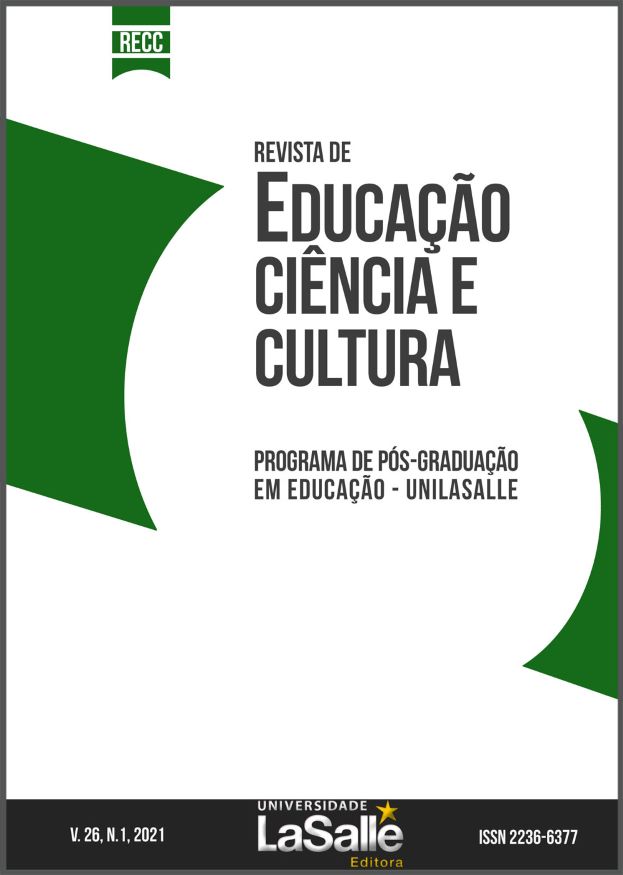Between structures and pieces: implications of modernity in school
DOI:
https://doi.org/10.18316/recc.v26i1.6730Keywords:
Modernity, School, Knowledge, Relations.Abstract
The current school is none other than that produced by modernity, sustained in large part by Cartesian thought with its promises and parameters to solve the problems of humanity, through the exploration of nature. Modern thinking is linear, dichotomous, and disjunctive, in which the relationship between being and thinking takes the form of more or less logical and hierarchical sequences. The modern reason is Eurocentric, violent, developmental, hegemonic, seen by Dussel (2005) as a machine of devastation. Nowadays, neoliberal globalization and its consequent exaggeration of individualism are associated, which erodes social groups and worldviews that do not follow what this rationality indicates. As a consequence, those who fight for a school that provides all the benefits of knowledge, come up against norms and colonizing processes. Thus, if what is intended is to break with the hegemonic paradigm that structures the current school, it is necessary to embrace a process of difficult and slow change, more than the educational reform projects postulate.
Downloads
Published
Issue
Section
License
Authors must submit their manuscripts to be published in this journal agree with the following terms:Authors maintain the copy rights and concede to the journal the right of first publication, with the paper simultaneously licensed under the License Creative Commons attribution that permits the sharing of the paper with recognition of authorship and initial publication in this journal.
Since the articles are presented in this journal of public access, they are of free use, with their own attributions for educational and non-commercial purposes.
The Periodic Journal of Education, Science and Culture in http://www.revistas.unilasalle.edu.br/index.php/Educacao was licensed with a Creative Commons - Attribution - Noncommercial 3.0 Not Adapted.


